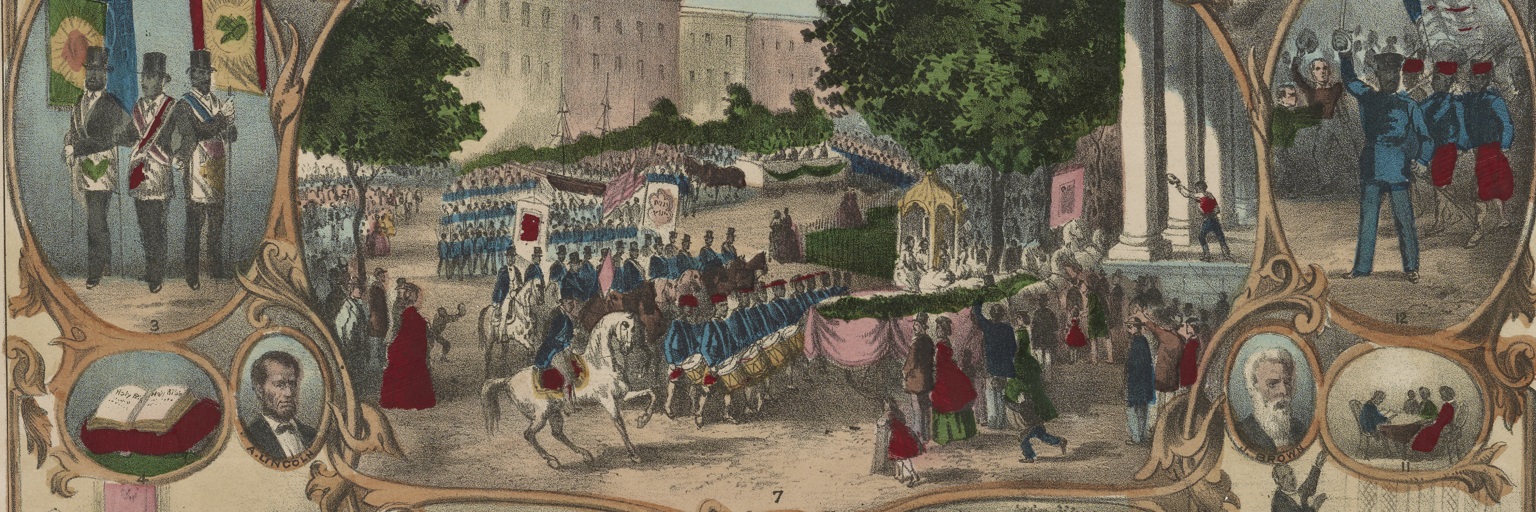Amendment XV of the United States Constitution
Section 1.
The right of citizens of the United States to vote shall not be denied or abridged by the United States or by any State on account of race, color, or previous condition of servitude—
Section 2.
The Congress shall have the power to enforce this article by appropriate legislation.
Ratified February 3, 1870.
The 15th Amendment
During Reconstruction, Congress passed the 15th Amendment on February 26, 1869 and it was ratified on February 3, 1870. The amendment barred the denying or abridging of a citizen’s right to vote “on account of race, color, or previous condition of servitude,” and granted the Congress the power to enforce it through “appropriate legislation.” No longer could citizens be disenfranchised because of their race by northern or southern states by law.
Legacy of 15th Amendment
The 15th Amendment, however, was limited. It did not provide protections against discrimination based on sex or economics, leaving the door open for states to exclude women and the impoverished from the polls and from being full citizens and participants in American democracy. Furthermore, the 15th Amendment did not prevent states from using the 15th Amendment’s loopholes and other ways to disenfranchise African Americans, including “grandfather clauses” and literacy tests, or violence and intimidation. It would take organizing, picketing, marching, incarceration, and enduring or succumbing to violence to protect and expand suffrage, resulting in the 19th Amendment to protect women’s right to vote, the 24th Amendment to eliminate the poll tax, and the Voting Rights Act of 1965 to enforce the 15th Amendment and close the loopholes.
United States v. Reese (1876)
The Supreme Court struck down the Enforcement Act of 1870 as an unconstitutional law passed to enforce the 15th Amendment. The Court held that the 15th Amendment did not protect the vote, but instead was focused on preventing racial discrimination. The Enforcement Act, created to prevent intimidation of and violence against African Americans exercising their civil and political rights, was not narrowly tailored to only focus on discrimination based on race at the polls. Learn More
Voting Rights Act of 1965
Signed into law on August 6, 1965, the Voting Rights Act represented the culmination of Civil Rights organizing to protect suffrage and eliminate discrimination and disenfranchisement. It outlawed literacy tests and provided for federal oversight of registration and voting in some southern states and for preclearance of election laws or changes to them. Learn More
“Voting Rights for African Americans,” from Primary Source Sets, posted by the Library of Congress, includes primary source materials and guidance for analysis in the classroom.
“Try to Vote,” from The Rise and Fall of Jim Crow, posted by PBSThirteen, an interactive activity on literacy tests to vote.
“The Struggle for the Vote,” posted by PBSLearningMedia, includes multimedia on the 15th Amendment & discussion questions.

